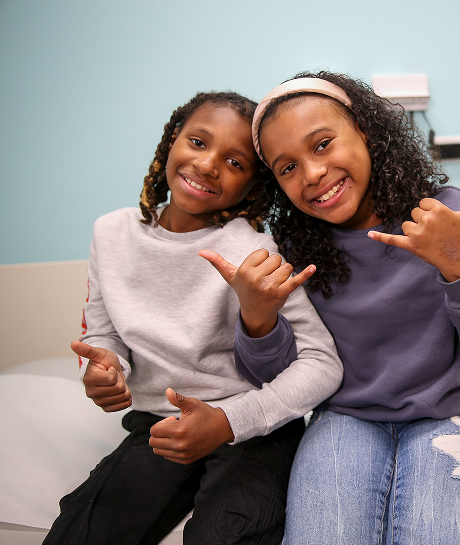ketogenic diet therapy
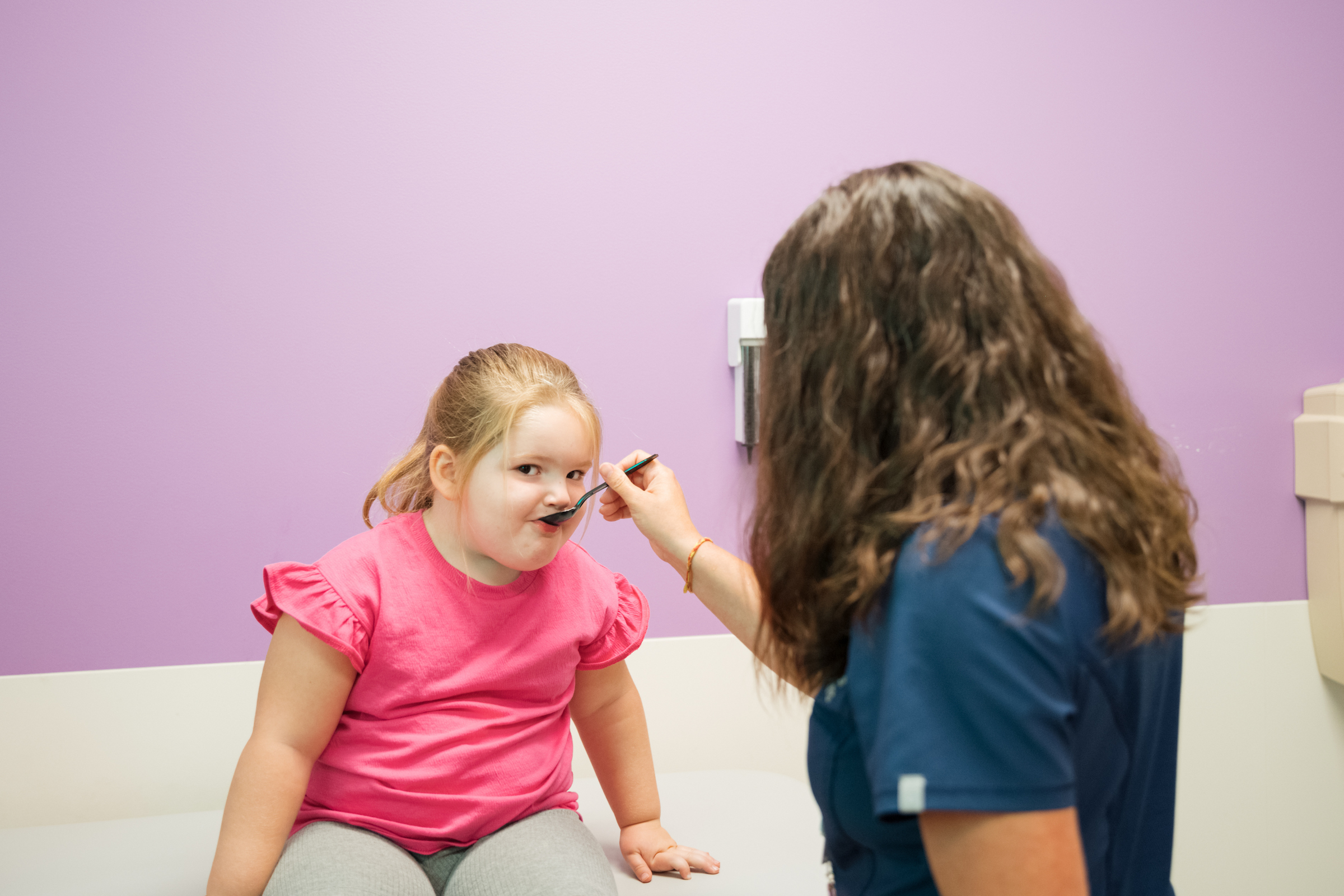

considering ketogenic diet therapy
The classic ketogenic diet is a high-fat, low-carbohydrate, adequate protein diet that can be used to treat difficult-to-control seizures. The human body uses mostly carbohydrates for energy. When carbohydrates are not available for energy, the body can use fat for energy instead. The breakdown of fat for energy produces a waste product called “ketones.” The state of ketosis is often associated with improved seizure control.
If your family would like to pursue ketogenic diet therapy, your child’s neurologist may refer your child to the ketogenic diet program at Dayton Children’s. Your child will be scheduled for an initial appointment with the program’s physician and registered dietitian. The physician and dietitian will meet with you to discuss ketogenic diet therapy. At that time, the physician will order blood work to ensure your child is a candidate for the dietary therapy. If your family decides the ketogenic diet will be a good fit for your child and family, a date can be set for initiation of the diet.
The ketogenic diet therapy should not be started without medical supervision.
what are the benefits of ketogenic diet therapy?
Approximately one-third of children who follow ketogenic diet therapy have greater than 90 percent seizure reduction. Another third of children have at least 50 percent seizure reduction with ketogenic diet therapy. Some children have less seizure reduction, but parents may report that seizures that are less intense or last for shorter periods of time. Other possible benefits include increased alertness, improved sleep schedule and the ability to safely participate in more activities at home or school.
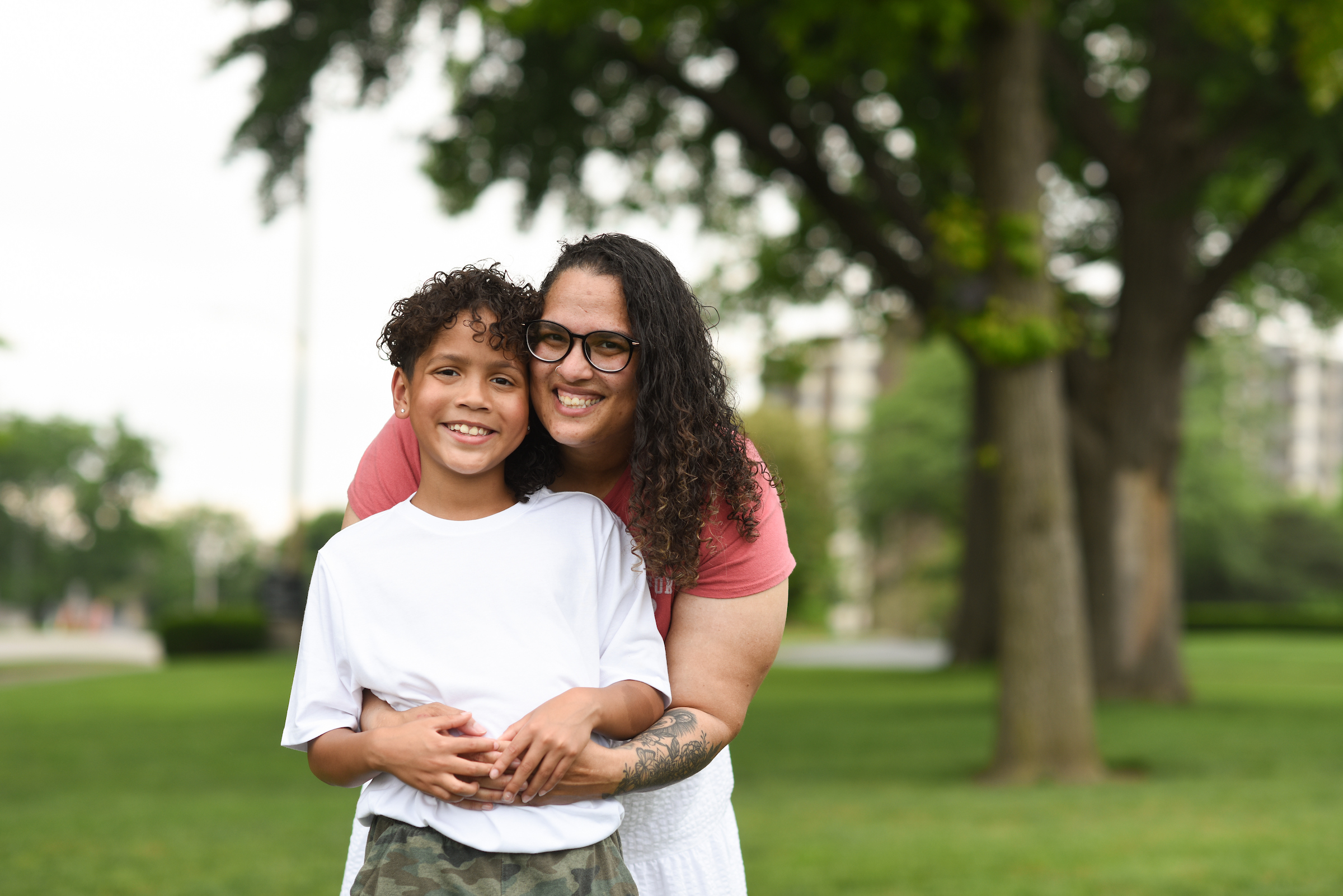

what foods are included on the ketogenic diet?
This special diet uses heavy whipping cream, butter, vegetable oils and other high fat foods like nuts, seeds and avocado to provide fat for energy. High carbohydrate foods including bread, rice, cereals, pasta, potatoes, cookies, cakes and candy are eliminated on this diet. All meals and snacks are carefully prepared and may need to be weighed on a gram scale.
Patients and families work closely with a registered dietitian to create a meal plan that is as normal as possible so that kids can still enjoy eating and can participate in special events such as birthday parties. Calories are monitored closely to prevent excessive weight gain and to promote adequate growth. Healthy fats are encouraged. Vitamin and mineral supplements also will be prescribed by the Ketogenic diet team to ensure your child is receiving adequate nutrients.
Ketogenic formulas are available for infants and children who receive nutrition by feeding tube.
who should consider ketogenic diet therapy?
The ketogenic diet team at Dayton Children’s will work with you and your child to determine if he/she is an appropriate candidate for ketogenic diet therapy. Children of all ages are possible candidates (infant, toddler, child, adolescent and teen), as are children who eat regular age-appropriate foods and those who are formula fed (by infant bottle or feeding tube).
This diet sometimes is recommended when the following criteria are met.
- The patient has tried two or three anti-seizure medications without total elimination of seizures. In some cases, ketogenic diet therapy may be considered earlier in treatment.
- The child’s family, caregivers, school and friends understand and support the dietary therapy
- Families commit to the dietary therapy for at least three months
Some conditions and metabolic disorders are considered contraindications for this therapy.
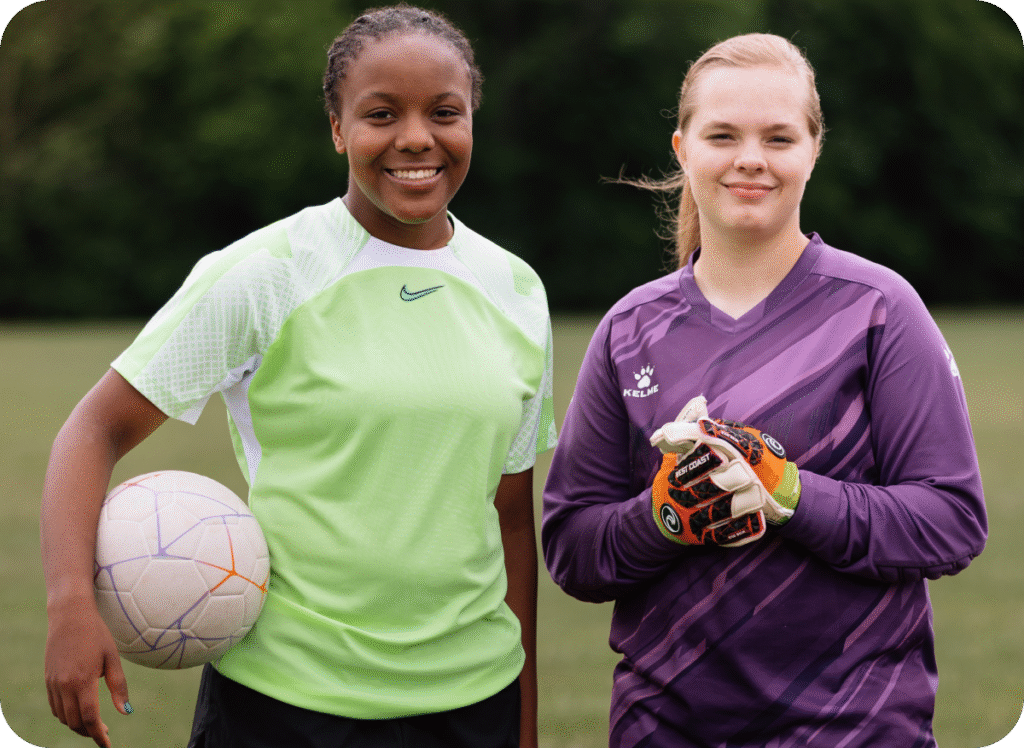
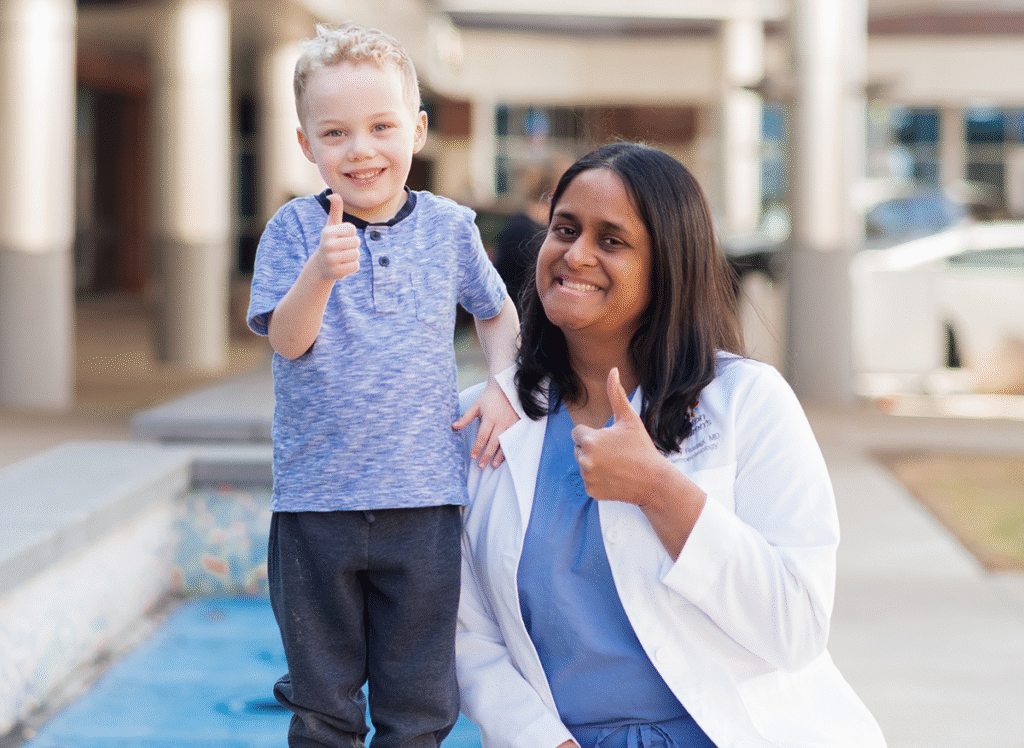
are there other diet therapy options for seizure control?
Yes. The classic ketogenic diet typically is recommended for children under age 10 and for any individual receiving enteral nutrition via feeding tube. The Modified Atkins Diet (MAD) is often recommended for adolescents and teens, as it provides more flexibility. The MAD is also a very high fat diet that provides minimal carbohydrates, but it allows more protein than the classic ketogenic diet. The Low Glycemic Index Treatment (LGIT) may also be utilized for seizure control. LGIT allows slightly more carbohydrates which should come from foods and drinks that have a low glycemic index. Adequate proteins and fat are encouraged. It is not designed to promote ketosis.
how long do patients stay on this diet?
Patients usually stay on the diet for about two years if it is effective. In many cases, their doctor may taper them off their seizure control medication. Some patients may stay on the diet longer. Weaning off the diet is done gradually with monitoring for any increase in seizures.
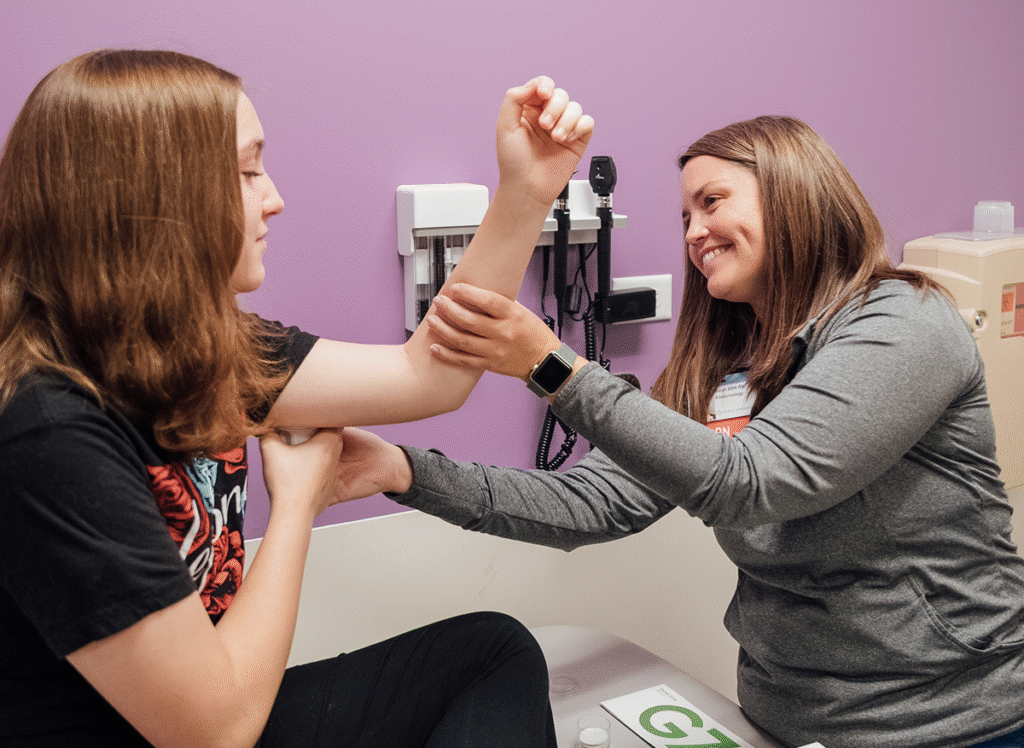
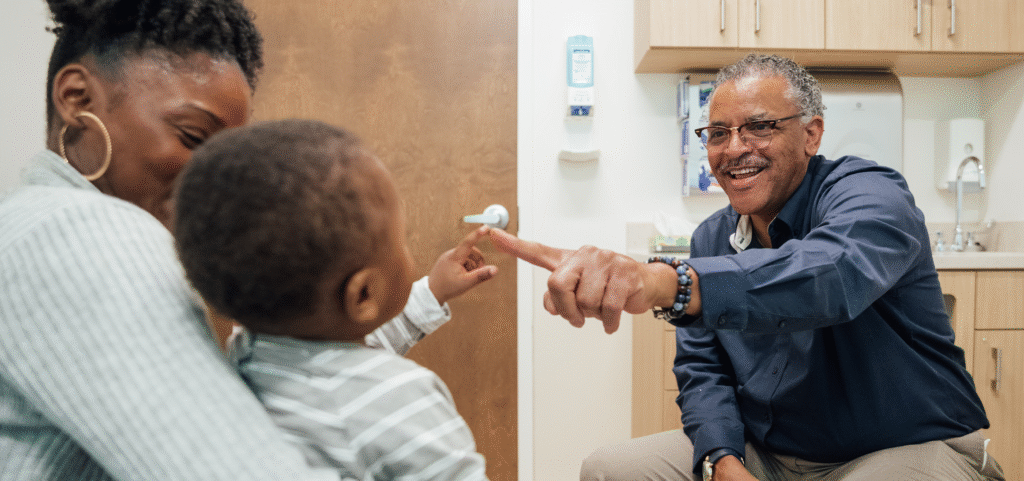
initiation of the diet
For initiation of the classic ketogenic diet, children are usually admitted to the hospital for three to five days. Admission is designed to help the family learn how to manage the ketogenic diet at home while also ensuring your child has the best care available if he or she develops side effects during diet initiation. Other dietary therapies may be initiated outpatient.
follow up
Often, a period of fine-tuning is needed to determine whether a ketogenic diet will be effective in helping children achieve seizure control. Your child will return to the clinic every three months for a check up and blood tests to monitor for any potential side effects.
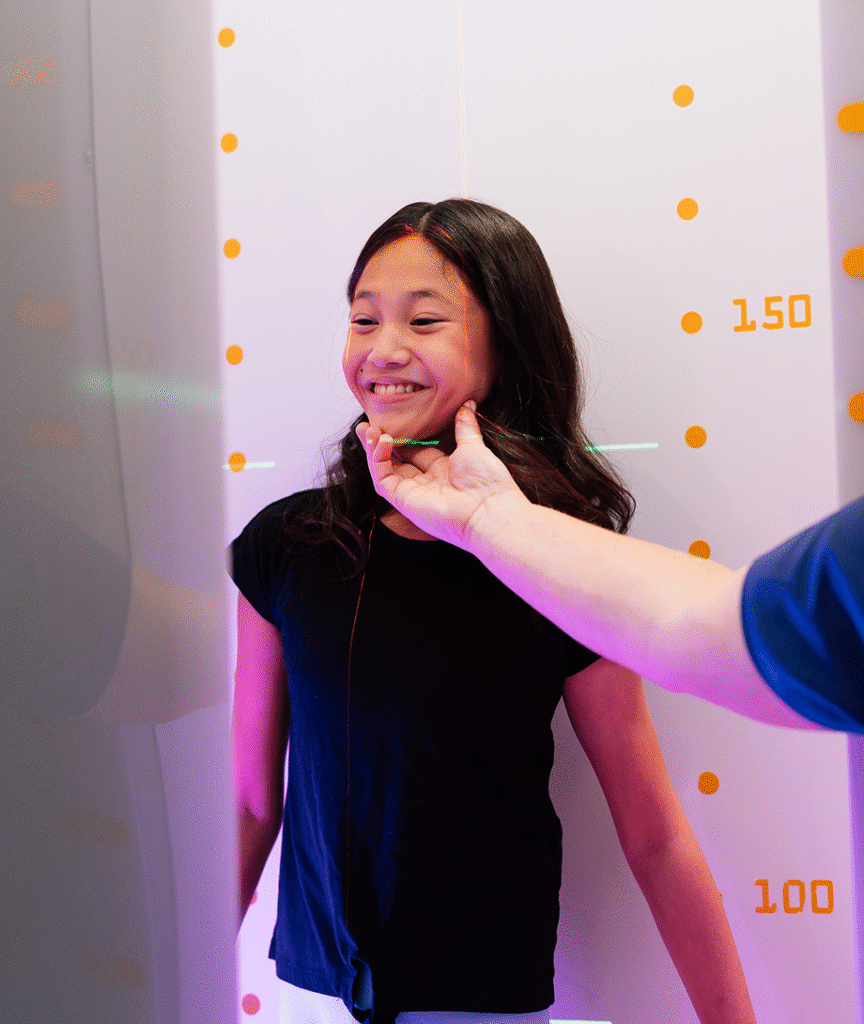
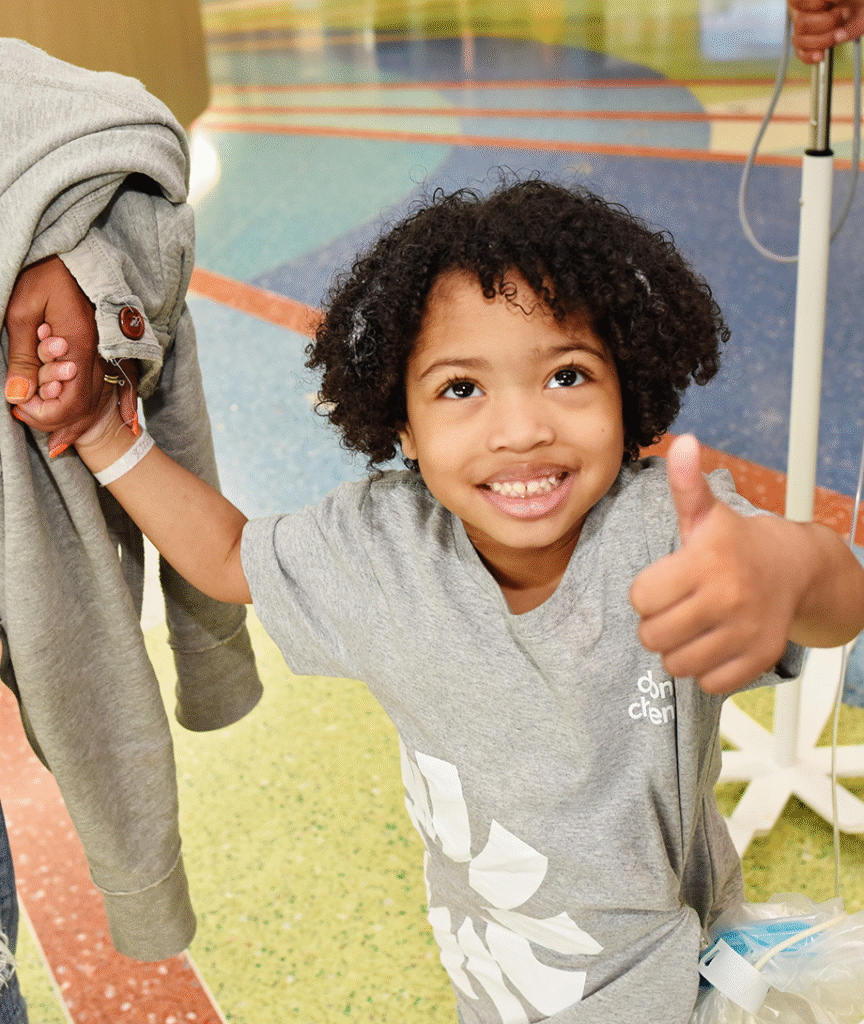
possible side effects
As with most treatments, there are potential side effects associated with ketogenic diet therapy. Short-term side effects may include low blood sugar, vomiting, dehydration, acidosis, weight change or constipation. Long-term side effects may include slower growth in stature, elevated blood cholesterol or triglyceride levels, vitamin or mineral deficiencies, kidney stones or bone metabolism. The ketogenic diet team will work with you to prevent side effects and to treat any side effects that may occur.
connect with a pediatric neurologist
Get care from Dayton Children’s neurology team. Whether it’s frequent headaches, seizures or difficulty with movement, we’ll help you get the answers and support you need. Schedule an appointment online or call 937-641-4000.
